Thank you for disagreeing
- On September 6, 2023
by William Bevacqua
CT Mirror
September 5, 2023 @ 9:51 pm
Opinion: Bring back ‘productive conflict’ in American politics (ctmirror.org)
Regardless of where you fall on the political spectrum, odds are you feel growing concern for our democracy.
Warning signs ranging from violent confrontations undermining our elections and divisions over race and policing, to rancor from Supreme Court decisions and Congressional impasses, to the indictments of a former President of the United States collectively harbinger more divisive, destructive conflict.
An unanticipated commenter on the American ethos, Fitch Ratings recently summed up much of this escalating division as an “erosion of governance” contributing to their downgrade of American credit. It’s hard not to find Fitch’s choice of words chilling, and a little embarrassing; one associates eroding governance with crumbling or unstable regimes, not our great American republic.
There’s no shortage of seeming institutional failures to point to here, every one of them ripe for sowing still more division: elected officials, political parties and large, apparently monolithic blocks of voters committed to labeling the opposing side as the “problem.” But when a system of government explicitly and repeatedly affirms that its power derives from the consent of the governed — in other words, each of us — shouldn’t we examine more closely what’s actually eroding? Trump, Congress, Republicans, Democrats: ultimately, they’re all representatives of our collective political will and reflections on our popular sovereignty. Maybe it’s time we examined our personal contributions to the health of our democracy more closely.
We now inhabit a media landscape where our favorite self-reinforcing viewpoints are available on tap. It’s regrettably easy to find information we already agree with, join communities that help repudiate the things we prefer weren’t true, and wage armchair wars with our enemies that seem perfectly reasonable — until they spill over into the streets. Somewhere we lost the thread of “productive conflict,” and with it the ability to learn from each other through dialogue and genuine debate.
I’m not being Pollyanna here; I realize the process is rarely pretty. The indispensable “pain point” of true dialogue is listening to your opposition: allowing those with whom you disagree to challenge your position, the logic of your arguments, even your core beliefs that you may feel define you. For the best ideas, solutions, elections or public policy to emerge, that pain is necessary. Pushback creates opportunity (at least it should) to examine how our facts withstand scrutiny, whether our logic withers against examination by the unconvinced, and if our perspective is focused enough to consider every implication.
Even respectful disagreement can still get loud and make passions run high. External challenges to what we “know” are uncomfortable for most of us. They feel like threats and human nature wants to resolve that dissonance quickly: by combative denial if necessary. But pragmatically, nobody’s ideas get perfected — or even improved — without pushback.
The increasing exhortations encouraging civil discourse makes it tempting to believe that if our opposition isn’t an existential threat, disagreement itself is. While I believe in the importance and efficacy of civil discourse, I also think disagreement gets a bad rap. The real “villain” quietly pulling the strings is, in fact, our sense of certainty: that intransigent, but simultaneously insecure assertion that what we “know” is incontrovertibly right. Those who disagree aren’t just wrong, they’re a dangerously, malignantly, republic-ending level of wrong. On a list of things we should be worried about “eroding,” our identity as a nation founded on everyone’s right to disagree should be at the top.
At The Connecticut Democracy Center we strive to be a civics educator that “walks its talk.” We task ourselves to model good civic behavior, certainly in the programming we produce and dialogues we facilitate, but also in how we work together. Leading by example, I try to guide by questioning, listening and encouraging debate. I’m still passionate, opinionated and very invested in my personal vision — therefore leading this way is frequently the last thing I feel like doing. But I take pride in the outcome. Our best work has been born from some of us working to get others “on board” — and the rest of us being willing to go there. As a leader, I’m proudest of the hard-won consensuses that have made us better.
A complex, diverse and ever-changing society is naturally much harder to lead than a local nonprofit, and therefore demands that much more willingness to listen and constructively disagree. Government apparatus has become sprawling and political rhetoric personal; it’s easy to forget that as a self-governing people, we all actually have to govern together sometimes. It’s not always pleasant work, but critical to the endurance of our democracy. Without it, our governance will just keep on eroding, and there won’t just be one or two polarizing scapegoats to blame. The fault will belong to all of us.
CT Viewpoints welcomes rebuttal or opposing views to this and all its commentaries. Read our guidelines and submit your commentary here.
To download a copy of this editorial, click here.





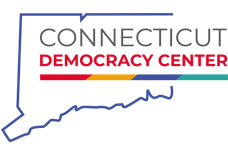

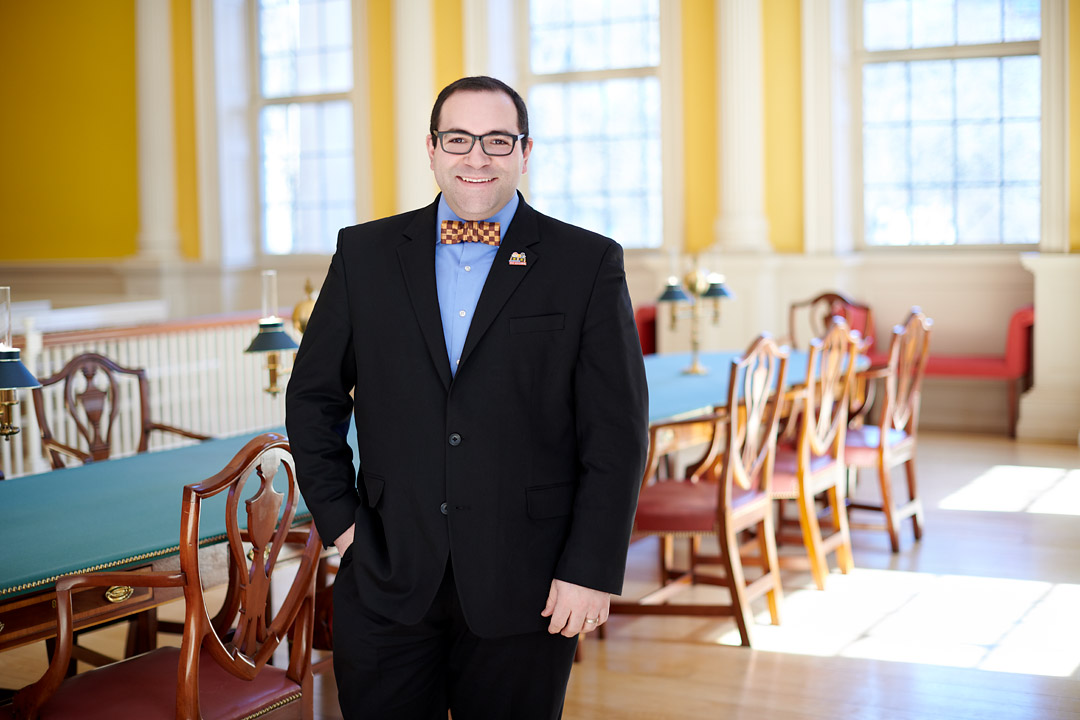

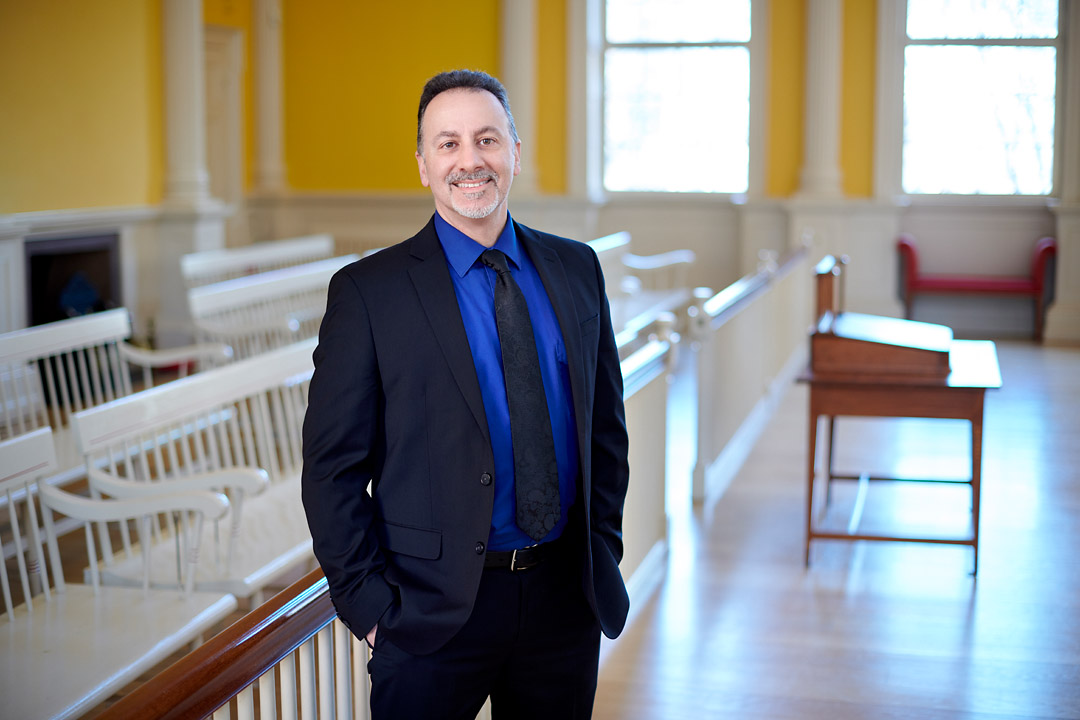
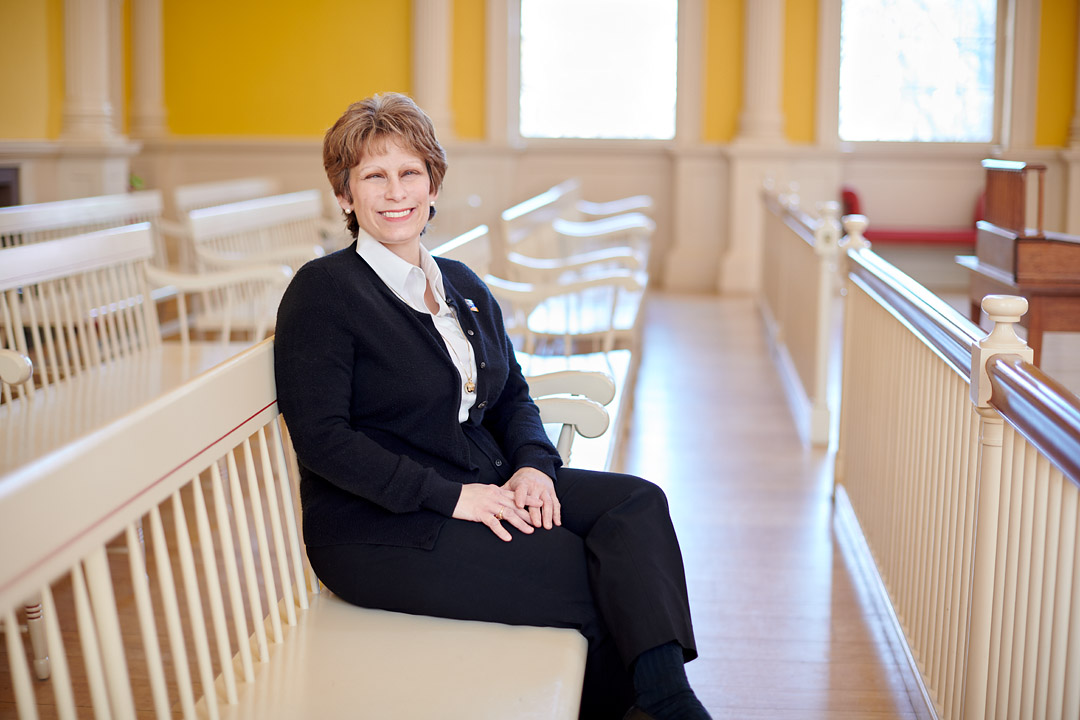
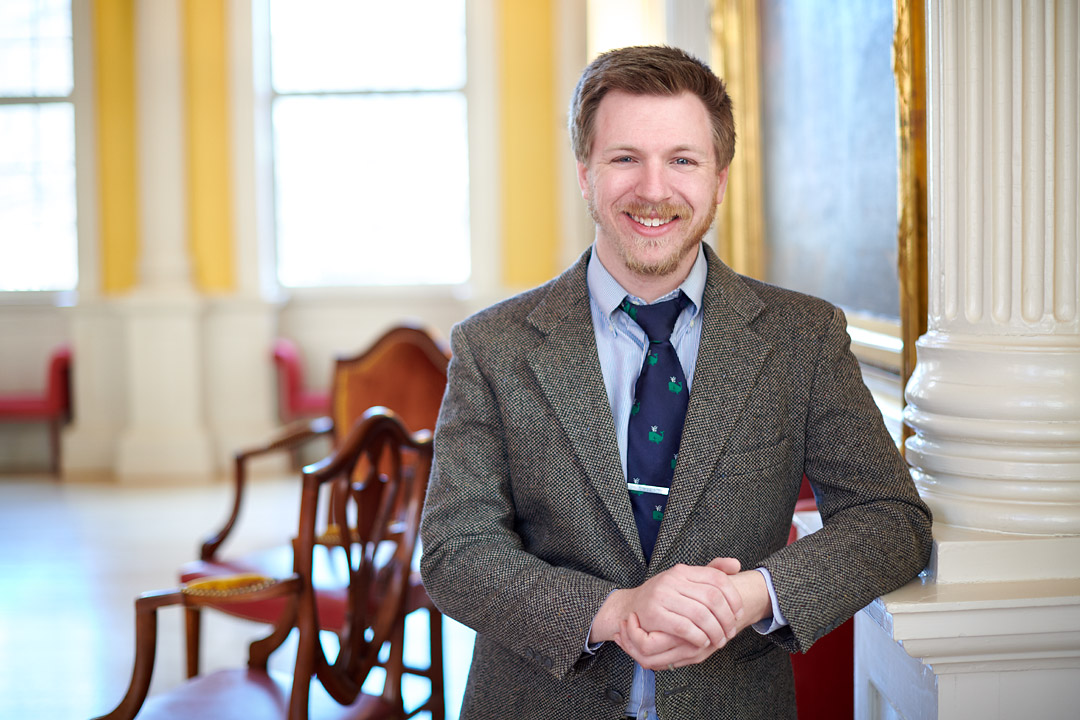
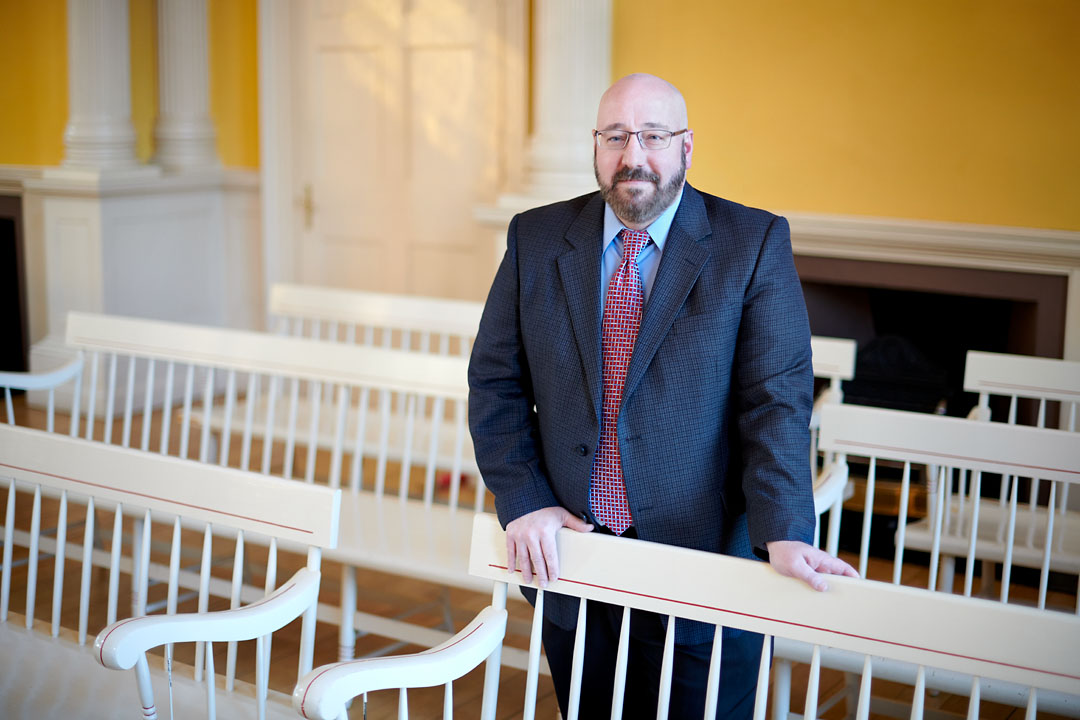
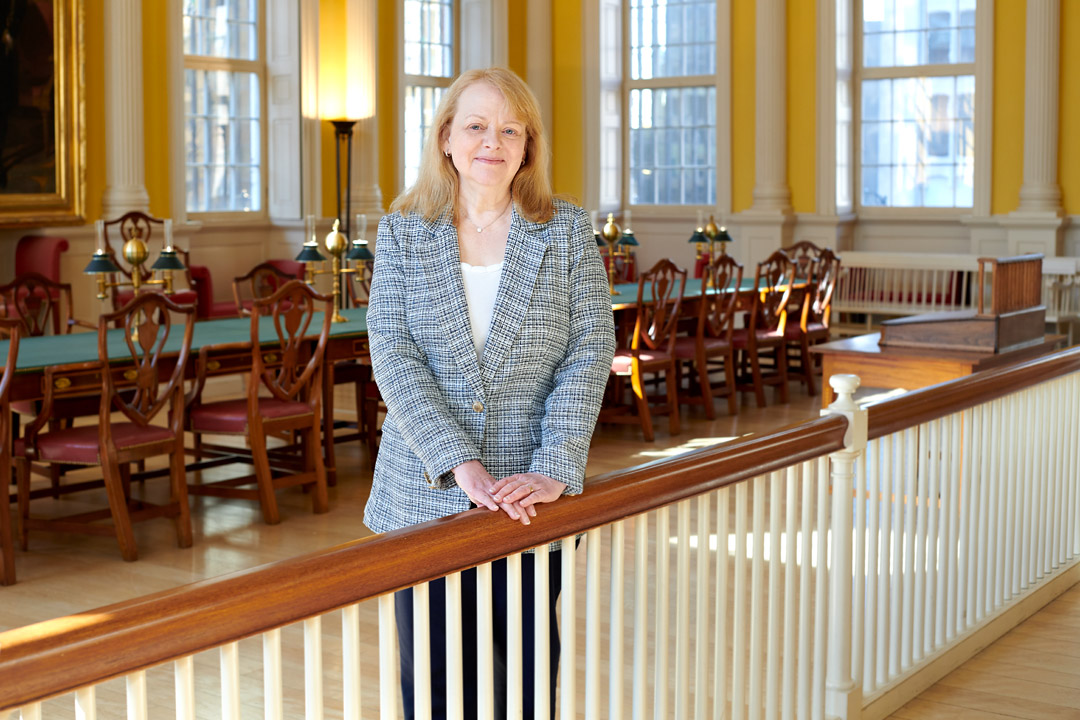
0 comments on Thank you for disagreeing